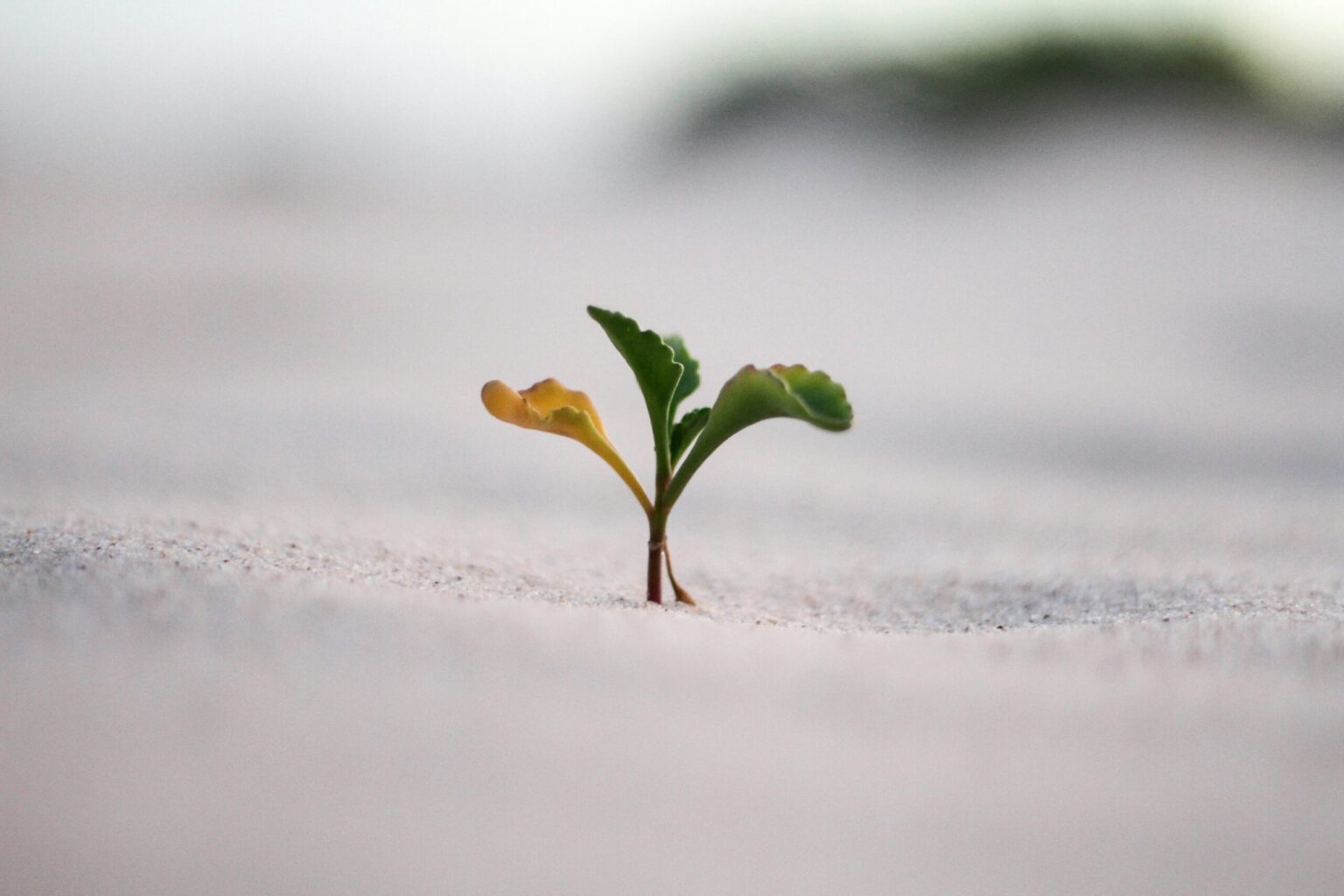January 29, 2025
U.S. companies are experiencing unprecedented growth in their sustainable product offerings, as consumers increasingly demand environmentally friendly alternatives across industries. On January 29, 2025, reports revealed that sales of sustainable products in categories such as clothing, food, household goods, and personal care have surged by more than 45% in the past year, with major corporations making significant shifts toward eco-conscious business practices.
The shift comes as consumers, particularly younger generations, are prioritizing sustainability when making purchasing decisions. Data shows that nearly 70% of American consumers now factor environmental impact into their buying choices, a significant increase from previous years. As a result, U.S. companies are investing heavily in sustainable product lines, with many brands committing to carbon-neutral operations and zero-waste manufacturing by the end of the decade.
“Consumers today expect more than just quality products—they want to know that the companies they support align with their values,” said Jessica Green, the CEO of a leading eco-friendly consumer goods company. “Sustainability is no longer just a marketing tool; it’s a fundamental part of how we operate and how we connect with our customers.”
The demand for sustainable products has been particularly evident in the fashion and food industries. Fashion giants like Levi’s, Adidas, and H&M are doubling down on using recycled materials, promoting clothing recycling programs, and reducing water usage in their manufacturing processes. Sales of sustainable clothing have seen an explosion, with companies reporting double-digit growth in eco-friendly product lines.
In the food sector, companies like Nestlé and General Mills are making major strides in reducing packaging waste and offering plant-based alternatives to traditional meat and dairy products. Plant-based foods, in particular, have gained massive popularity, with sales of plant-based meat alternatives growing by more than 35% in 2024. These brands are responding to consumer demand for products that not only meet dietary preferences but also reduce environmental impact by minimizing greenhouse gas emissions and water consumption.
In addition to consumer-facing products, many companies are adopting greener practices in their supply chains. For example, major tech firms such as Apple and Microsoft have committed to making their entire supply chains carbon neutral, a move that has been closely watched by consumers and investors alike. Companies are also investing in renewable energy sources, such as wind and solar, to power their operations and reduce their overall carbon footprints.
This shift towards sustainability is not just limited to large corporations. Small and medium-sized enterprises (SMEs) are also capitalizing on the growing demand for eco-friendly products. Startups focusing on reusable products, biodegradable packaging, and sustainable beauty products are seeing impressive growth as consumers turn to more environmentally responsible choices in all areas of their lives.
The trend has also given rise to new business models, such as the circular economy, where products are designed to be reused, refurbished, or recycled instead of being discarded after a single use. Companies involved in product rental, resale, and repair services are gaining traction, particularly in industries like fashion and electronics, where consumers are seeking alternatives to the fast fashion and throwaway culture that has dominated for years.
Despite the remarkable growth in sustainable products, challenges remain. Critics argue that some brands are engaging in “greenwashing,” where they market themselves as more sustainable than they truly are. Experts caution that consumers must be vigilant and look for third-party certifications like Fair Trade, B Corp, or Energy Star to ensure the claims of companies are backed by real, measurable environmental impact.
As 2025 continues, it is clear that sustainability is not just a passing trend but a long-term shift in consumer behavior. Companies that can successfully meet the growing demand for sustainable products while maintaining transparency and accountability are positioning themselves for continued success in an increasingly eco-conscious marketplace. With consumer pressure and regulatory incentives pushing companies toward greener practices, the future of business in the U.S. is undoubtedly shifting toward sustainability.
